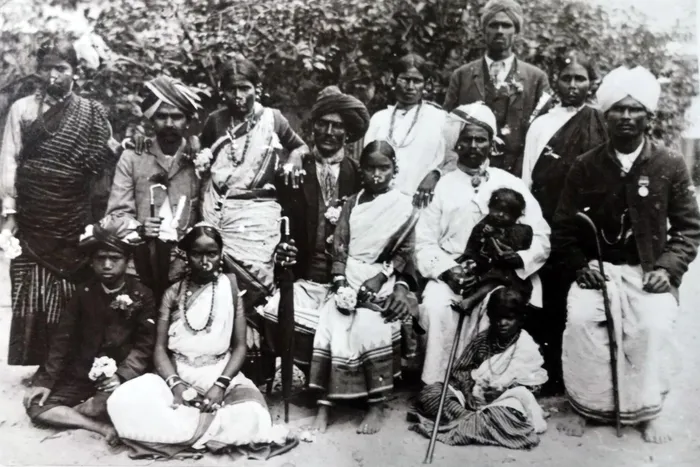
165 years after the arrival of Indian indentured labourers in South Africa, youth of Indian descent share how they honour their ancestral roots while embracing their South African nationality. Indentured Family on the plantation, 1903. The picture speaks of the ideal family life that indentured workers aspired to have.
Image: 1860 Heritage Centre
ONE hundred and sixty five years after the arrival of Indian indentured labourers in South Africa, youth of Indian descent share how they navigate they hnour their ancestral roots while embracing their South African nationality.
Through personal stories, they reveal how cultural traditions, family values, and historical awareness shape their sense of self today.
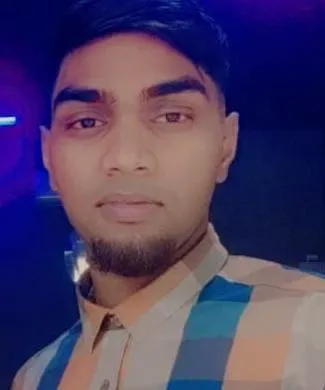
Mahomed Uzair Ally
Image: SUPPLIED
Mahomed Uzair Ally, 21, of Moorton, in Chatsworth, said he was proud and grateful for his forefathers.
“Our forefathers came to this country under difficult circumstances but they triumphed in adversity. They built their lives, held onto their traditions, and contributed so much to shaping the country we live in today. Their strength and resilience inspires me daily,” he said.
“I see myself as a South African of Indian descent. I am proudly South African, but deeply connected to my Indian roots. My culture, family values, and traditions remind me where I come from, while my experiences growing up here have shaped who I am. I believe my generation represents the bridge between history and the future — honouring our past, while embracing a shared South African identity that celebrates diversity and unity,” added Ally.
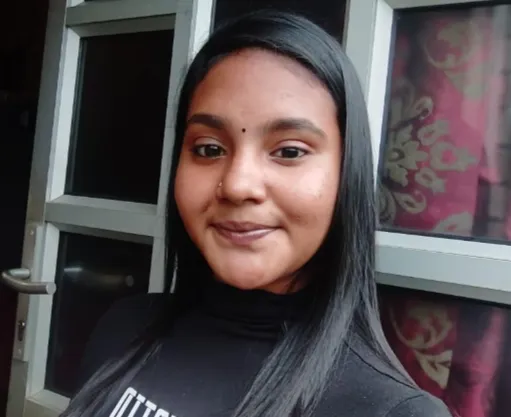
Thalia Gounden
Image: SUPPLIED
Thalia Gounden, 17, of Lenham in Phoenix, said she was proud to continue the legacy of her forefathers, 165 years later.
“I stand on the shoulders of my forebears immense struggle and sacrifice which laid a solid foundation for my existence in this country. Their history is a root of my identity but the tree represents my life, ambitions, and sense of belonging.
“All of this is firmly planted in the soil of modern South Africa. I therefore, classify myself as a South African of India descent,” she said.
“Being South African is my undeniable identity - it is my nationality and my home.
The phrase “of Indian descent” respectfully acknowledges the specific cultural heritage and history that shaped my family’s story. It is not a separate category, but a crucial layer that adds depth to my identity as a South African citizen. My roots are specific, but my future is entirely and unconditionally South African.”
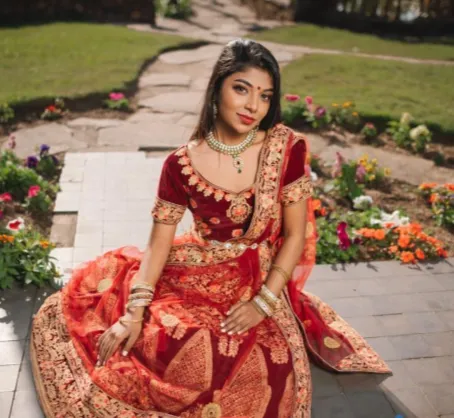
Camryn Jade Moodley
Image: SUPPLIED
Camryn Jade Moodley, 22, of Whetstone, in Phoenix, said: “Growing up as a South
African, it was always boldly emphasised that I should always honour my roots and my heritage. Throughout my life, I have always carried a piece of my forefathers be it through dance, food or the many traditions which were passed down. This has connected to me to my roots in unimaginable ways and is a constant reminder of the many hardships endured by my forefathers so I could have a better life,” he said.
“I have always been so proud of my heritage and it shows in everything I do and the paths I choose. Being South African of Indian descent is one of my favourite things about me,” added Moodley.
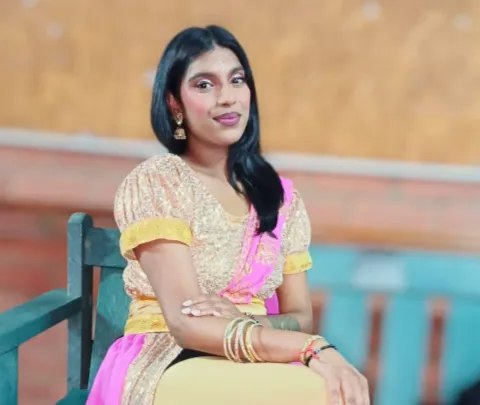
Thashini Naidoo
Image: SUPPLIED
Thashini Naidoo, 24, of Rydalvale, Phoenix, said her legacy was one which represented resilience, contribution, and ongoing struggles.
“It involved acknowledging the deep and enduring impact of indenture - from the initial trauma and exploitation to the development of the Indian community as a thriving and integral part of South Africa,” she said.
“Today we are resilient and rich in culture because of our forebears. We continue the fight against inequality and push for social cohesion in a diverse nation. It is through these efforts that we honour our legacy and the sacrifices made 165 years ago.
“Being a South African in 2025 means embracing and celebrating the nations diverse heritage. I am an Indian South African. First Indian, second South African, and I could not be prouder,” added Naidoo.